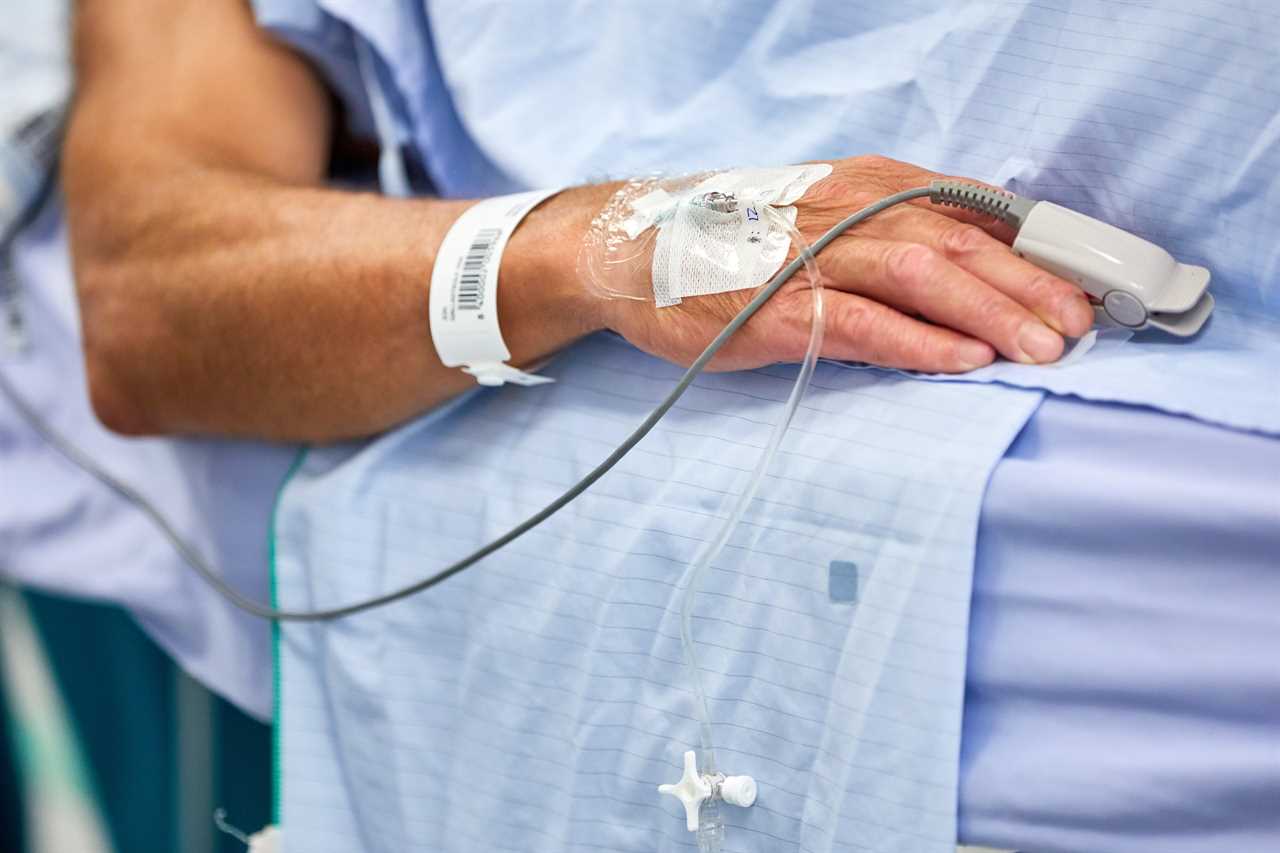IT’S easy to brush off niggling health problems as something that will go away with time.
But doctors are frequently telling us, some symptoms should never be ignored because they could mean cancer.

Cancer is more treatable the earlier it is discovered.
Sadly 450 people die of cancer every day in the UK, and thousands more worldwide.
The most commonly diagnosed forms of the disease are breast, cancer and lung.
Often the signs of the killer disease are so vague that people diagnosed only recognise them in hindsight.
They may also have been misdiagnosed by their doctor or by searching the internet.
Experts urge people to be familiar with their own bodies – such as checking their testicles or breasts often – so that any new symptom is more obvious.
The NHS says: “It’s important to be aware of any new or worrying symptoms.
“Although it’s unlikely to be cancer, it’s important to speak to a GP so they can investigate.”
There are over 200 different types of cancer, according to Cancer Research UK, and each has a different set of symptoms.
While some may be specific to the type of cancer, there are a handful that are more general.
The charity says general cancer symptoms – those that may appear among all patients – are:
- Unexplained pain
- Very heavy night sweats
- Unexplained weight loss
- An unusual lump or swelling
- Fatigue
Dr Anne Marie Lennon, a Johns Hopkins gastroenterologist, revealed five key symptoms she would never ignore:
Shortness of breath
There are many causes of shortness of breath. Sometimes it’s because a person is unfit or has asthma, for example.
But Dr Lennon says: “If you notice you’re getting out of breath with normal activities or walking stairs, however, that’s abnormal and should be evaluated.”
Shortness of breath is a key symptom of lung cancer, which also causes unexplained tiredness, weight loss and a persistent cough,
Bleeding
There are a few occasions when bleeding should be seen by a doctor.
Coughing up blood could be lung cancer, blood in the stool could be bowel cancer, and blood in urine may be prostate cancer.
Abnormal vaginal bleeding is seen in those with gynaecological cancers, while bloody discharge could signal breast cancer.
Lumps
Most people know lumps are a key sign of cancer.
But the problem is, people often don’t look for them. When they find them, they still may delay seeing a doctor.
The NHS says go to your doctor if you find a lump in your breast or if you have a lump that’s rapidly increasing in size elsewhere on your body.
It may not be cancer but it’s always worth checking.
Dr Lennon says: “Sometimes, lumps can be completely normal. For example, a cold can cause your lymph nodes to enlarge.
“This is temporary and is your body’s way of fighting off the cold.”
Difficulty swallowing or feeling full
Are you struggling to eat like normal?
Dysphagia – difficulty swallowing – may be caused by a mouth or throat cancer causing obstruction.
If you feel full, even though you are eating little or less than normal, this could be a key warning sign of ovarian cancer, for example.
Changes in body functions
How well do you know your bowels?
Because becoming familiar with what’s normal for you could save your life.
Changes to our toilet habits, including difficulty passing stool or diarrhoea, may just be the sign of an indulgent holiday or anxiety.
But sometimes, the causes are much more serious.
Bowel and pancreatic cancer often first show as changes with our “number twos”.
Dr Lennon says to call your doctor if you notice:
- Sudden constipation or diarrhea
- Difficulty passing urine or passing stool
- Passing air in urine or urine mixed in your stool
- Feeling like you’re not emptying your bowels completely
- Any other change from your normal bowel function






